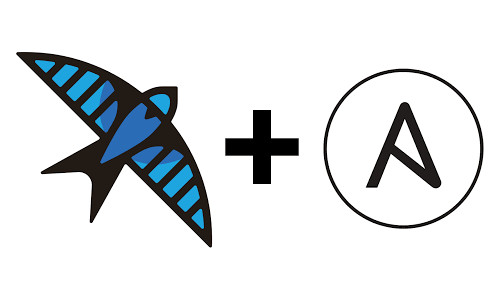CloudForms is Red Hat’s supported version of upstream ManageIQ, an infrastructure management platform. It lets you see, manage and deploy to various platforms like OpenStack, VMWare, RHEV, OpenShift and public cloud like AWS and Azure, with single pane of glass view across them all. It has its own orchestration engine but also integrates with Ansible for automated deployments.
As best I can tell, their CloudForms updated Statement of Direction article (behind paywall, sorry) shows that Red Hat is killing off support for non-Red Hat platforms like VMware, AWS, Azure, etc. The justification is to focus on open platforms, which I think means CloudForms will ultimately disappear entirely with Red Hat focusing on OpenShift instead.
We made a strategic decision to focus our management strategy on the future — open, cloud-native environments that promote portability across on-premise, private and public clouds.
CloudForms updated Statement of Direction
However to me this is still a big blow to users of the platform, where I’m sure most will have at least some VMWare to manage. Indeed, when implementing CloudForms at work and talking to Red Hat, they said that their most mature integration in CloudForms is with VMWare.
According to the Red Hat article, CloudForms with full platform support is being embedded into IBM Cloud Pak for Multicloud Management and users are encouraged to “migrate your Red Hat CloudForms subscriptions to IBM Cloud Pak for Multicloud Management licenses.” Red Hat’s CloudForms Statement of Direction FAQ article lays out the migration path, which does confirm Red Hat will continue to support existing clients for the remainder of their subscription.
So in short, CloudForms from Red Hat is being crippled and will only support Red Hat products, which really means that users are being forced to buy IBM instead. Of course Red Hat is entitled to change their own products, but this move does seem curious when execs on both sides said they would remain independent. Maybe it’s better than killing CloudForms outright?
We can publicly say that all our products will survive in their current form and continue to grow. We will continue to support all our products; we’re separate entities and we’re going to have separate contracts, and there is no intention to de-emphasise any of our products and we’ll continue to invest heavily in it.
Jim Whitehurst as Red Hat CEO

3 thoughts on “Red Hat crippling CloudForms product and migrating users to IBM”
Is the IBM product competitive with RedHat’s offering?
Competitive with respect to functionality, ease of use and cost?
No idea, I’ve never used the IBM product, but they said CloudForms will be embedded in IBM’s Cloud Pak product so I assume it’ll be basically the same thing just from IBM.
Red Hat and IBM work closely together and will continue to do so. Current Cloudforms users have 2 options 1) stick with the open source version and its community -or- 2) come over to IBMs version of Cloudforms (which is now being folded into Cloud Pak for Multicloud Management (CP4MCM). Tradeup/credits are available if you talk to your IBM/RedHat Reps.
IBM takes Cloudforms very seriously and is investing in the product significantly more than its past roadmaps. IBM nor Red Hat will ever leave customers high and dry without a path to migrate or continue to use with extended support options available. Most products are available for use for at least 5 years after EOM (End of Marketing). EOS (End of Support) is also very clear and announced through the
IBM Software Lifecycle site.
Cloudforms features/capabilities will continue to expand and grow in Cloud Pak for Multicloud Management – which does far more than Cloudforms as a product and is several products combined (for example Ansible Tower, Terraform, Openshift, etc..). There are some smaller offerings coming if you do not wish to consume the entire Cloud Pak.